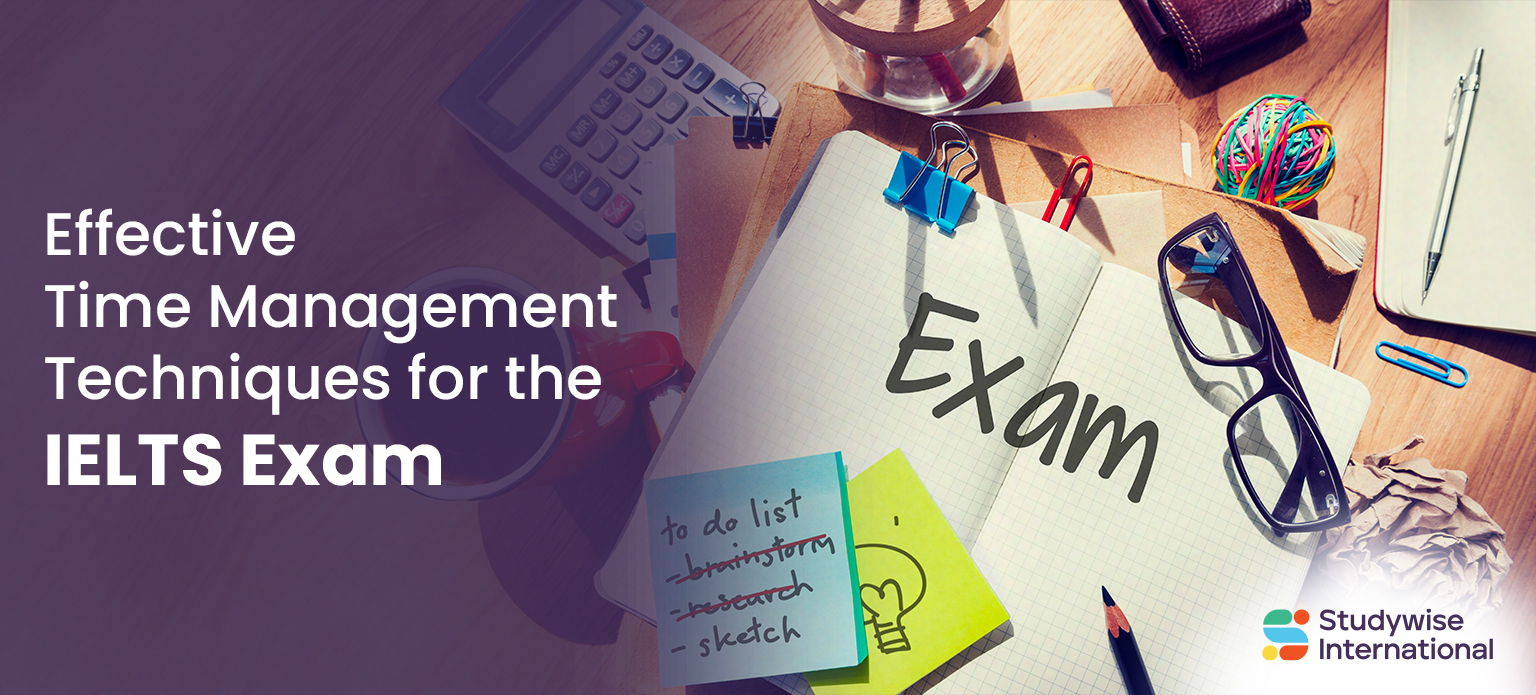
Effective Time Management Techniques for the IELTS Exam
- Categories Abroad Test Preparation, All Study in Abroad Blogs, IELTS
- Date May 27, 2024
The globally renowned test of IELTS not only evaluates the students’ English proficiency but also the weightage of their dreams. Students aspiring to study in an English-speaking university need to ace the exam in order to seek admission. It can either make or break their chances at their dream university. A good grade in IELTS can undermine every other flaw as much as a bad one can undermine every academic success. And one of the greatest ways to significantly improve your score is by learning to manage time during the test. The IELTS exam is strictly bound with a timeline. The test allows students 2 hours and 45 minutes to complete all sections. Consequently, students need to master the art of time management.
The IELTS exam has 4 main sections – listening, writing, reading and speaking. Its duration is non-uniformally divided into these sections. Students need to answer a series of questions in the listening section based on the 4 records of conversations or monologues. Going ahead to the reading section, they get 3-4 texts from books, newspapers, magazines, etc. to read and answer questions from. The writing section requires them to write 2 essays on the given topic. Lastly, the speaking section comprises a face-to-face interview. Students must complete each section in its allotted time to get a decent score. Well, provided they answered the questions right.
In this blog, we will discuss how to manage time in these 4 sections of the IELTS exam.
Understand the Format
Firstly, take time to understand the format. Each section has a different set of question types. Understanding the number of expectation questions, the time division and other key details would go a long way. It would further help students outline the syllabus they need to cover and try to excel in it. Understanding the format allows students to create a clear route to follow like a horse with blinders. They can create elaborate strategies to complete the syllabus, revise and be ready for the exam. Apart from this, make informed decisions when choosing the type and mode of the test.
Read more: IELTS vs IELTS UKVI: Understanding the Difference
Work under the Clock
The test is time-bound and so should you. Study by the clock. Take tests by the clock. Time your every move and note it down in a journal. Determining where you spend the most time and tracking your time during practice tests will clarify which topics and question types take more of your time. Notably, one shouldn’t spend more than 1.5 minutes per question. After identifying the pattern, consider taking significant measures for improvement. It is okay if you leave a few questions in the exam. However, it is not to spend a great chunk of your time on a few questions only to not finish the paper on time. As long as you can meet and compete at the eligibility bar of the university and country you wish to attend, you are gold. That being said, retake the same tests but without a clock to seek areas of improvement.
Read more: Things to Know about IELTS Requirements to Study in Canada
List your Priorities
As you jot down your journey, you will have weeks of data to understand your strengths and weaknesses. Priotie your strengths while utilising them to balance your weaknesses. Outline the type of questions you can do easily and quickly. During the exam, identify them within sections so you can allot more time to the difficult ones. If you appear for the test online, the sections will be in the order of listening, reading and writing. Whereas, on paper, the order is writing, reading and listening. Students may as well choose the test mode as per the format they feel the most comfortable with. Alternatively, they can seek the help of a professional to support their improvement.
Read more: IELTS Coaching Classes in Ahmedabad
Give it One Chance
Read the questions once and do it carefully. Soak in each word of the instruction as well as the question. During your practice tests and preparation, ensure that you can outline the question time, meaning and key aspects with one single attempt. Avoid spending time reading or listening to the same question multiple times. Particularly, in the listening section, you will only get to hear the audio one time. Pay attention to it closely. While you do that, jot down notes to use for later. Read/listen to one question, answer all related questions with the best of your knowledge and move on.
Dedicate Hours to Writing
The writing section has 2 tasks (essays) to perform. Generally, students can spend about 40 minutes on Task 1 and 20 minutes on Task 2. However, not everybody has a good writing speed. Or typing speed, if you perform the test on a Computer. Whichever your mode is, practice for the writing section by delegating a couple of hours every day to it. Find topics to practice on. Consider writing at least one practice essay every day. Plan your structure for the essay and stick to it while appearing for the exam.
Read more: IELTS Writing Task 2 Essay: Topics, Tips and More
Skim. Scan. Score.
Students must practice to develop the art of skimming through long passages. In the reading section, students must read the questions thoroughly before they read the passage. Remembering the key details can help save a lot of time. Look for the precise information or phrases with similar context in the passage. With this, you can quickly find your answer without going through the entire passage. Skim and scan through it for questions demanding opinions, perceptions or other thoughts on them. Consequently, not only do you score well in the passages but you also save time to utilise the rest.
Ready to ace your test?
We can help you prepare. Studywise Internation hosts IELTS, PTE and Duolingo coaching for students aspiring to study abroad. With customised learning experiences and one-to-one sessions, we aim for each of our students to excel in their English proficiency tests. They can benefit from our study resources, flexible timing and the guidance of professionals. Connect with us for a FREE DEMO CLASS today!
You may also like

Ireland Intake 2024-25: Universities & Preparation Timeline

TOEFL Scoring System and Validity


